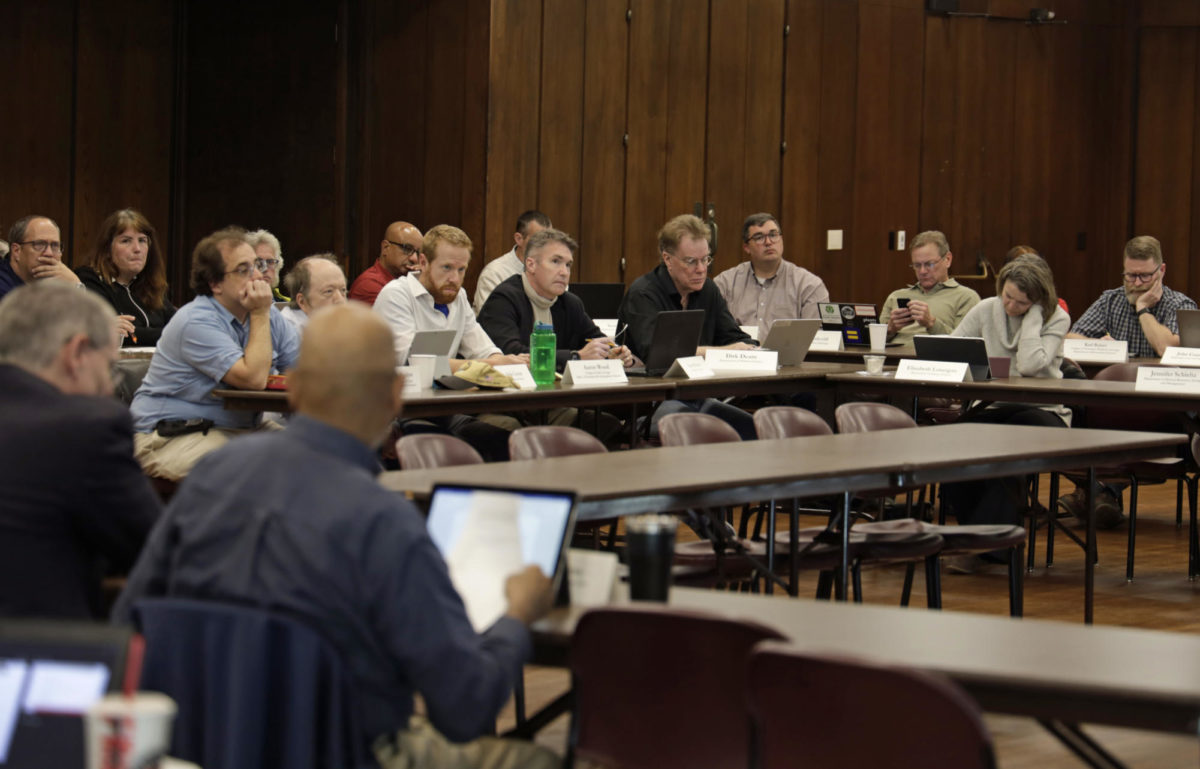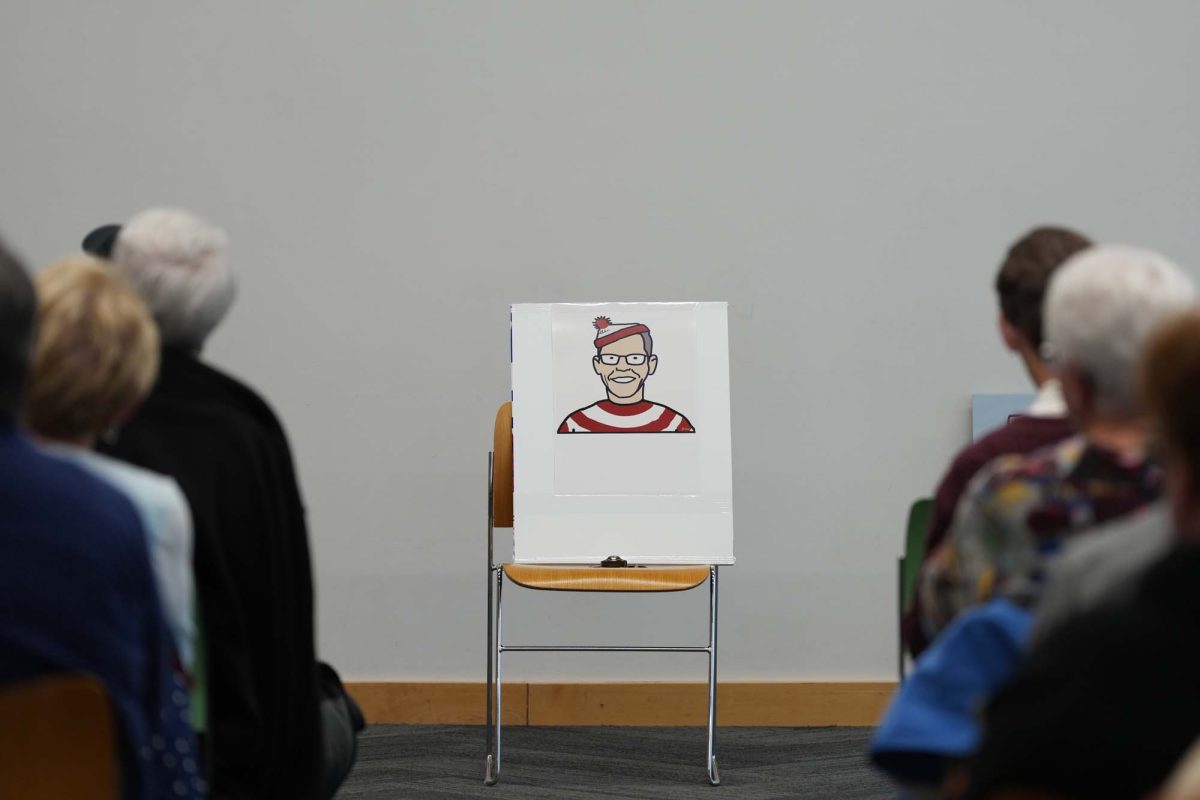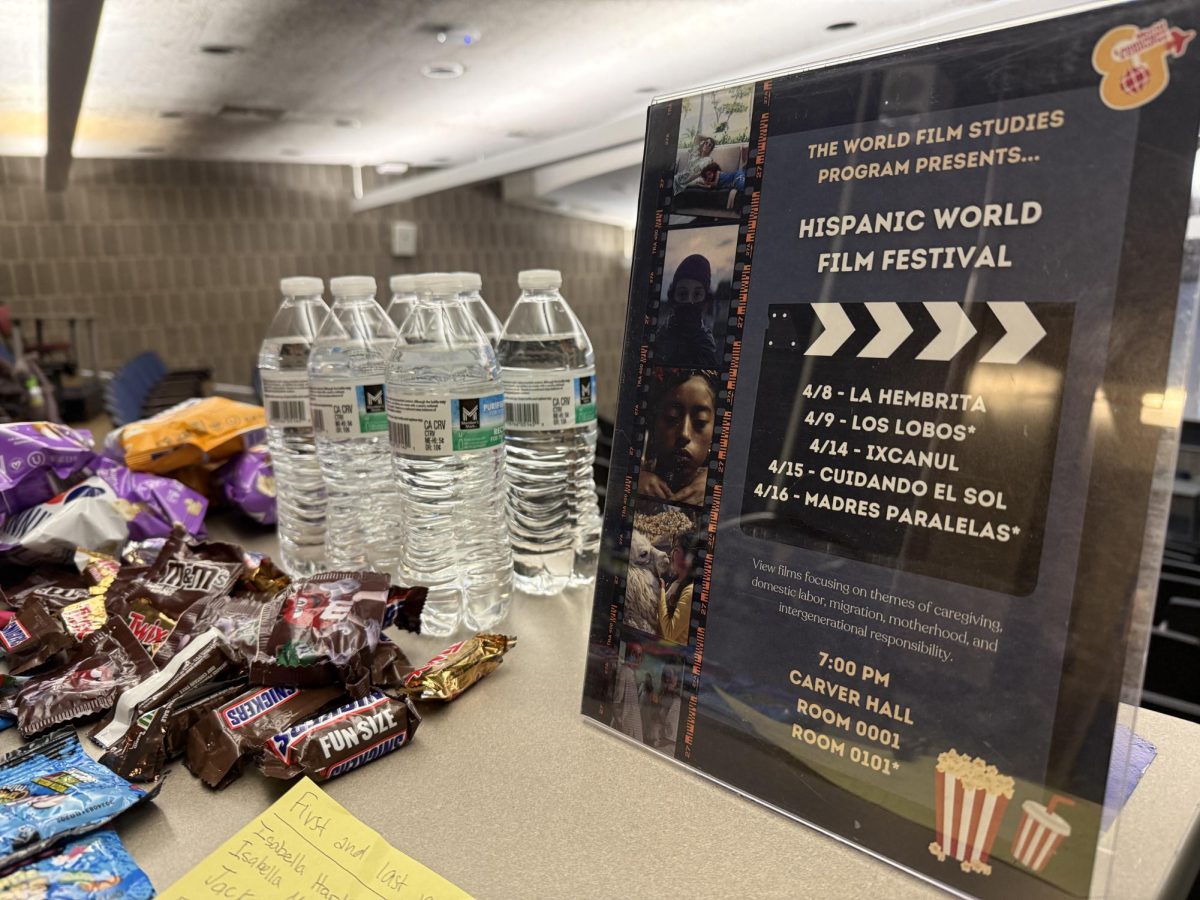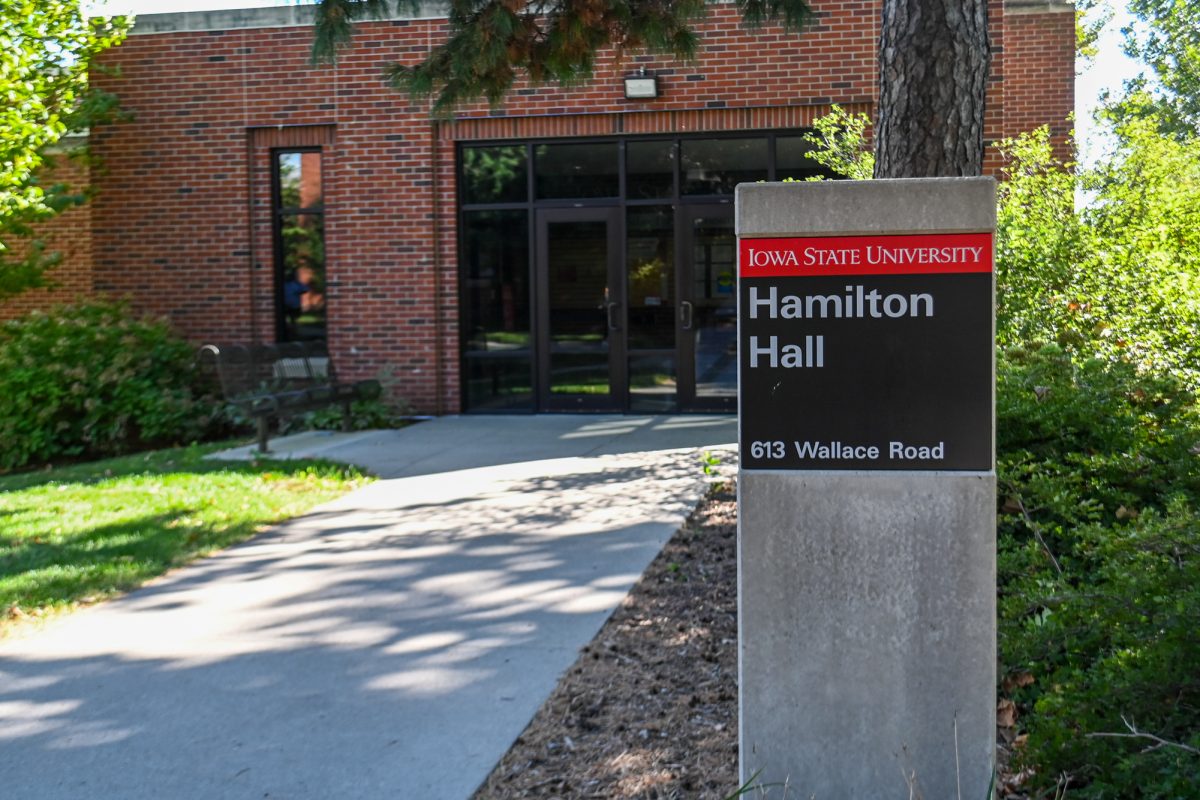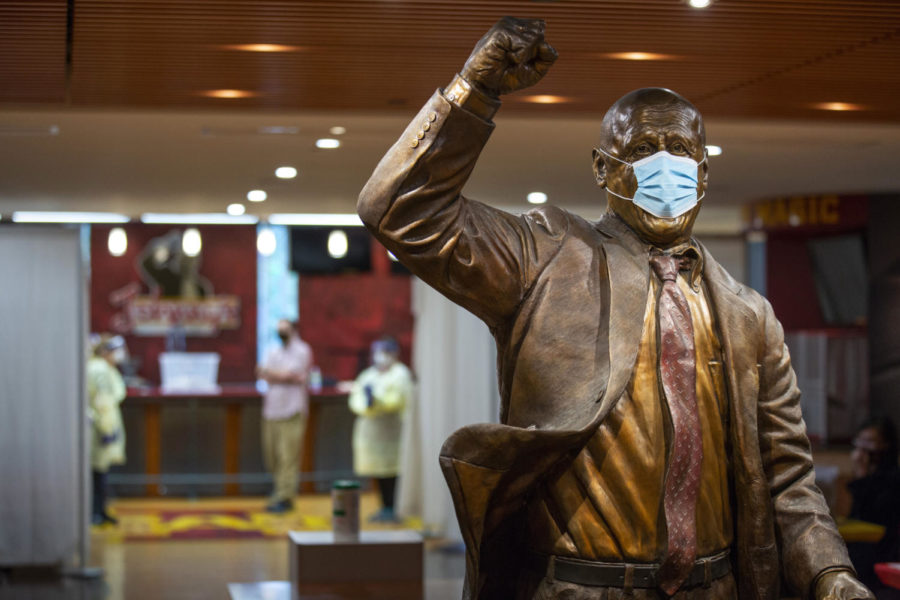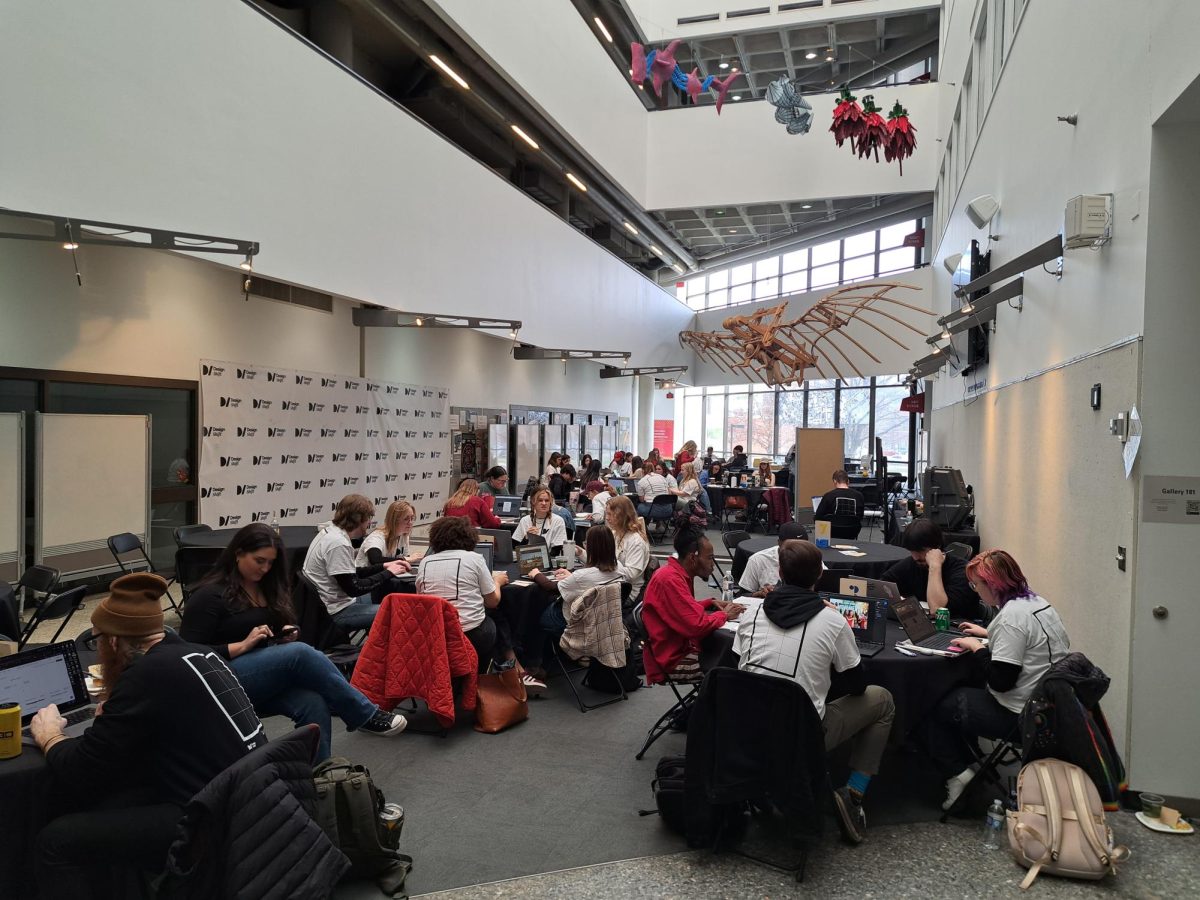The educational materials policy has not been updated since 1976. At the Faculty Senate meeting Tuesday, Steven Lonergan, Morrill professor in animal science, and Barbara Biederman, university associate general counsel, co-chairs of a university task force, suggested a new draft of the policy documents.
The task force suggested new ownership of the educational materials policy and wants to review and update the policy. According to Biederman, the task force’s mission is to balance the interests of all parties while emphasizing the need to serve students and other learners with access to high-level educational experience and meet external university commitments.
“The faculty handbook 10.9 is mostly taken, so certainly, a lot of us can agree a lot has changed since then,” Biederman said. “The educational materials have changed. The format, the transformability of these things have changed, and I think that helps us understand that maybe we should take a new look at this policy.”
According to the educational materials policy, “educational materials” means instructional and course materials produced for academic programs, professional development programs, extensions or research in any format, including print materials, digital materials and audio/video recordings.
The draft of the policy document includes:
- Authors of the educational materials include:
- Faculty
- Professional and scientific staff
- Postdoctoral scholars
- Graduate students
- Undergraduate students
- Educational materials include:
- Academic instruction
- Professional development
- Extension
“The purpose of this policy is to encourage and support academic freedom and innovation,” Biederman said. “In general, our approach last spring was to meet with administrative stakeholders and really try to increase the awareness of these policies, discuss the existing policies and see where there are questions.”
The policy also permits the university to retain ownership of the educational materials under certain circumstances and does not conflict with applicable policies.
“The question that comes up for me is what about the materials for people who are separating from the university, going to another university or retiring, and they want to keep their Canvas materials. So many of our materials now are housed on Canvas,” said K.L. Cook, an English professor and dean’s faculty fellow in the arts.
Biederman answered the concern by saying the answer is easy.
“Regardless of how they separate from the university, that would be their material. They are the author of their own material,” Biederman said.
Individuals at the meeting, such as Brian Hornbuckle, a professor in agronomy, and the senate substitute for Annemarie Butler, brought up many concerns similar to this question, along with Cook.
“At the end of the day, the author who created the material, when they leave the university, [has] the ability to take those materials with them, except for if those materials are branded or packaged with the university’s branding. We would ask that be removed, but the content could stay the same certainly,” Biederman said.
From a university-owned material standpoint, Biederman said the answer, for the most part, is quite similar: The university would not stop anyone from taking the materials they created for non-commercial educational research purposes.
“The part where it gets a sticker is if the materials are being used for commercial, educational purposes like a consulting activity,” Biederman said.
The task force hopes to receive approval to initiate the new policy in the fall 2024 semester.


